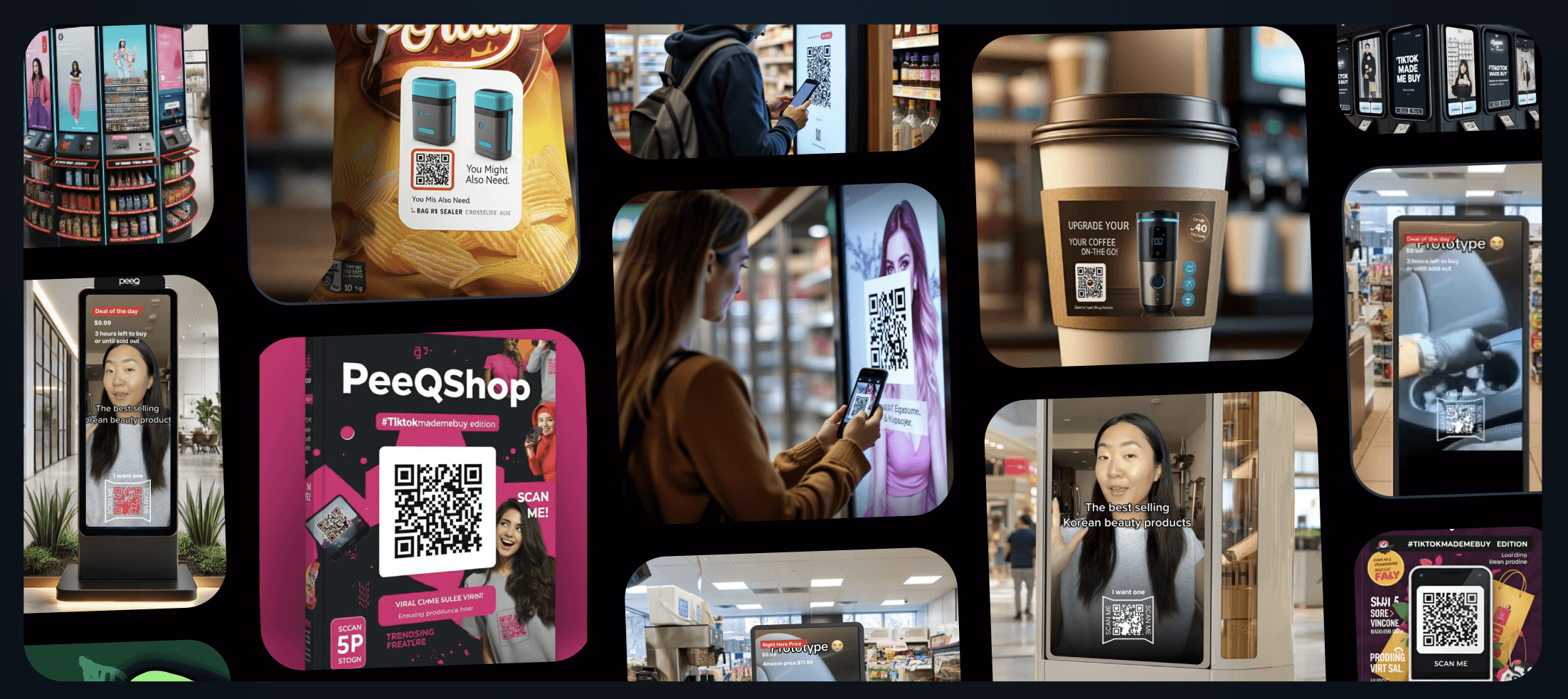Why Interviews Aren't Enough: Uncovering the Limits of Traditional Hiring
Mar 20, 2024
We've all been there – the polished job candidate who charms their way through an interview but ends up being a less-than-stellar employee. While interviews seem like a standard part of hiring, they can be surprisingly unreliable in predicting on-the-job success. Let's dive into the biases and limitations of interviews and why they shouldn't be your sole assessment tool.
The Problem with First Impressions
Halo Effect: If we initially like a candidate (perhaps due to their appearance, charisma, or similarity to ourselves), we tend to overlook potential red flags.
Confirmation Bias: We often seek information that supports our initial impression of someone, rather than critically evaluating all available data.
The "Performance" of an Interview: Some candidates are simply better at interviewing than doing the actual job. They know how to craft the "right" answer but can't translate that into tangible results.
Common Biases in Interviews
Even with the best intentions, interviewers are susceptible to various unconscious biases that can cloud judgment:
Affinity Bias: Favoring people who mirror ourselves in terms of background, interests, or personality.
Similarity Bias: Overvaluing candidates from similar schools or who had similar job experiences, even if those factors aren't directly relevant to the role.
Stereotypes: Assumptions based on race, gender, age, or other factors that unfairly disadvantage candidates.
Research Highlights Interview Shortcomings
**One study found that unstructured interviews had almost zero predictive validity when it came to job performance. (Source: [invalid URL removed])
Interviews often tell you more about a candidate's communication skills than their ability to actually do the job.
Anecdotal Evidence
Think back to your own experiences. Have you ever:
Hired someone who interviewed brilliantly but struggled when it came to the actual work?
Passed on a candidate during the interview who you later heard excelled at a different company?
Beyond the Interview: What to Prioritize
Skills Assessments: Create tasks or simulations that directly mirror the work the candidate will be doing.
Work Samples: Ask candidates to present past projects or complete a small, relevant assignment.
Structured Interviews: Use a consistent set of questions with a scoring rubric to reduce bias.
Reference Checks: Go beyond basic confirmation and ask specific, behavioral questions.
Interviews Still Have Their Place
Interviews aren't completely useless. They are valuable for assessing cultural fit and communication style. However, they should be just one piece of a more robust hiring process.
The Takeaway
By being aware of the limitations of interviews and supplementing them with skills-based assessments, you vastly improve your chance of finding the person who is actually the best fit for the job – not just the best talker.
Stay in the loop with the newsletter
No spam – we don’t share your data.




